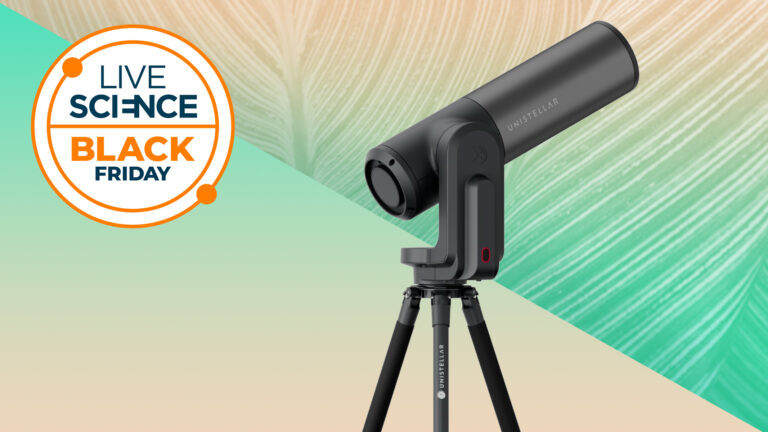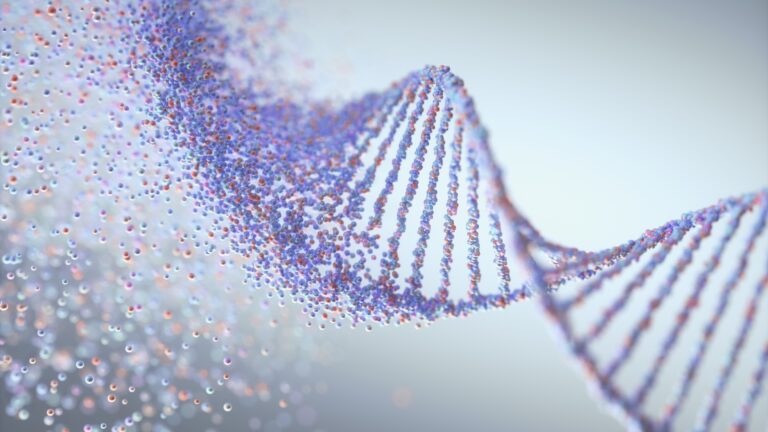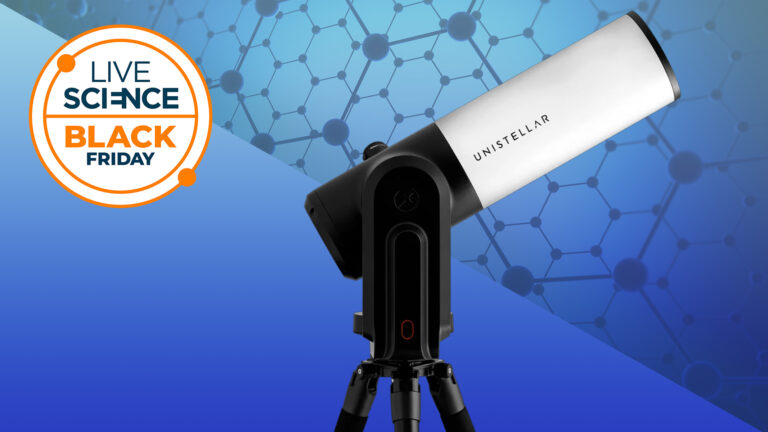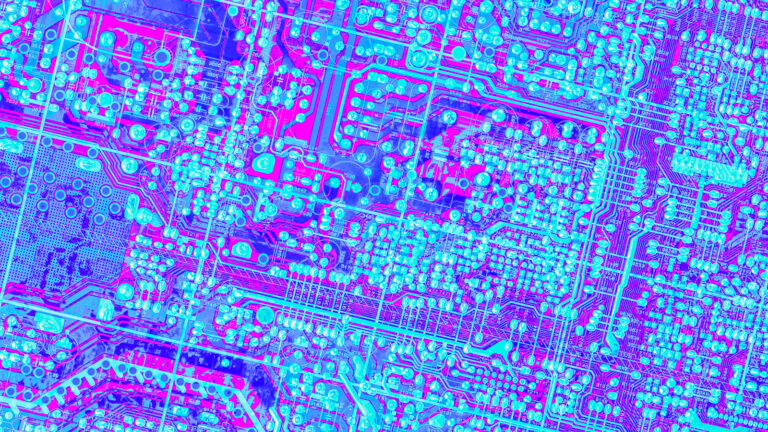Save $800 on our favorite DSLR for Black Friday

If you’re looking for a new camera that can do it all, B&H has reduced the Nikon D850 by $800 this Black Friday.
Science and Technolgy blog

If you’re looking for a new camera that can do it all, B&H has reduced the Nikon D850 by $800 this Black Friday.

The Unistellar eQuinox 2 is a powerhouse of a telescope, offering superb, app-aided views of galaxies and nebulas, and it’s a massive $500 off for Black Friday.

For over 3,000 years, ancient Egypt was one of the most powerful civilizations on Earth, with an empire stretching across half a dozen modern-day countries. How much do you know about this iconic culture? Take our quiz to find out.

Best deals for squeaky-clean teeth and a bright smile.

Live Science’s top telescope, the Celestron NexStar 8SE, is a massive $300 off at Amazon this Black Friday. Grab this powerful motorized telescope before it’s gone!

Save big on fitness trackers ahead of Black Friday.

Researchers in Lithuania present the molecular structure of a new, more-versatile CRISPR system for gene editing.

One of the most striking telescopes on the market has a huge discount of $980 this Black Friday.

Could early signs of Alzheimer’s disease be found in the brain’s vascular defenses? New research published in Alzheimer’s & Dementia has found that blood-brain barrier function may differ in individuals with the APOE4 gene, a known genetic risk factor for…

The new type of transistor, known as the “cryo-CMOS transistor,” is optimized to operate at temperatures under 1 K and emit near-zero heat.